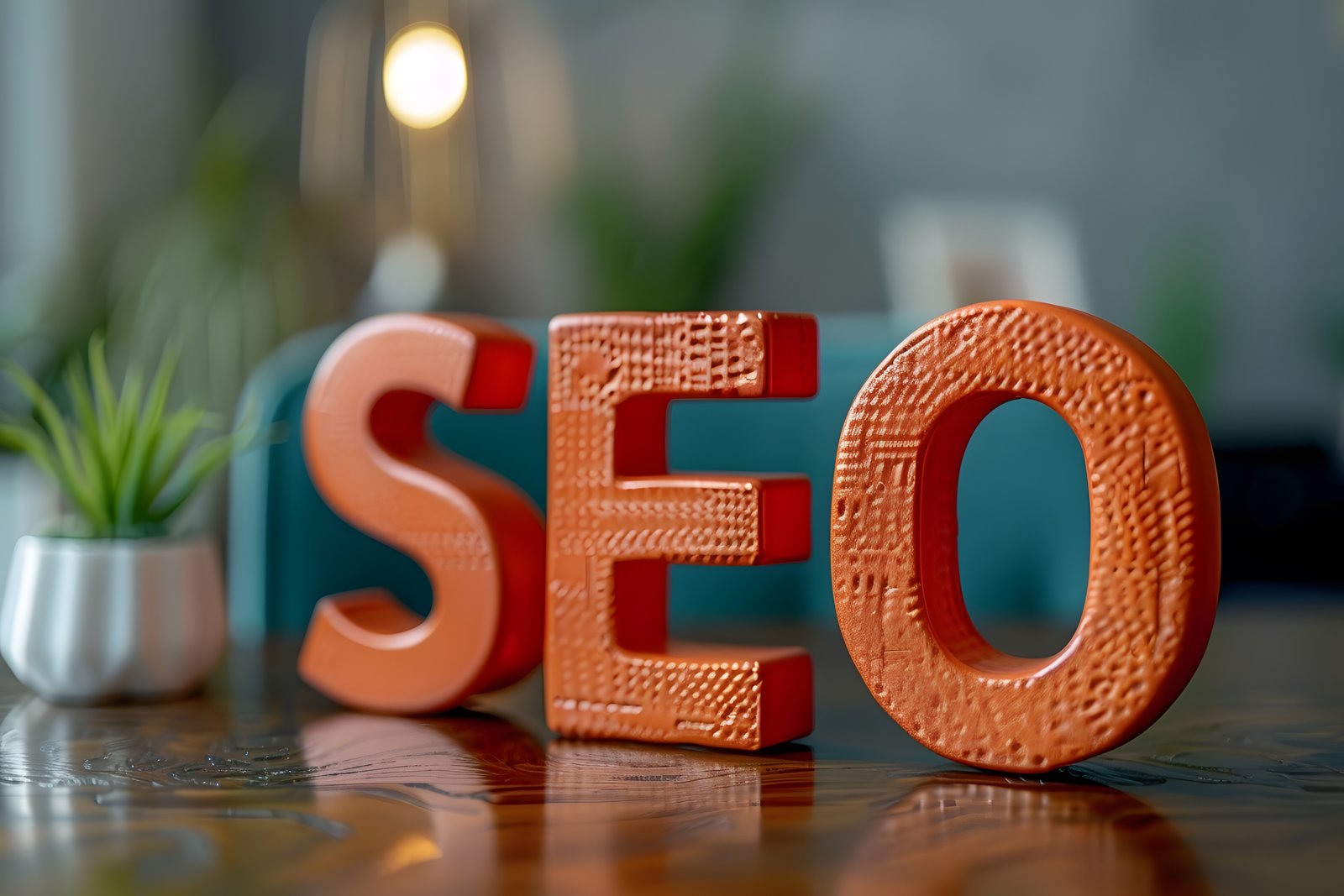
GoWebbies
Contact Information
Phone
Canada: +1 (306) 491-2495
India: +91 7862958140
Address
Aspen Ridge, Saskatoon,
SK S7W 1C9, Canada.
Waghodia Road, Baroda,
Gujarat 390019, India.

In today's digital age, having an online presence is essential for businesses of all sizes. However, small businesses, in particular, need to take advantage of every opportunity available to compete with larger competitors. One of the most effective and affordable ways to increase visibility, attract more customers, and boost revenue is through Search Engine Optimization (SEO). In this guide, we will explore why SEO is crucial for small businesses, how it can benefit them, and the best strategies to implement for success.
SEO stands for Search Engine Optimization, which refers to the process of optimizing a website to rank higher on search engines like Google, Bing, and Yahoo. The goal is to improve visibility so that potential customers can easily find your business when searching for relevant products or services. SEO involves several strategies, including:
Now, let’s explore why SEO is so important for small businesses.
With more consumers using search engines to find local businesses, ranking on the first page of Google can significantly impact your success. Studies show that 75% of users never scroll past the first page of search results, making it crucial for small businesses to optimize their websites to appear at the top. By investing in SEO, small businesses can:
When your website is optimized, more people will find your business when searching for services or products that you offer.
Traditional advertising methods such as print ads, billboards, and TV commercials can be expensive and may not always yield the best return on investment (ROI). On the other hand, SEO is a cost-effective marketing strategy that can generate organic (free) traffic over time. Unlike paid advertising, which stops driving traffic once you stop paying, SEO continues to work for your business in the long run. With proper optimization, you can maintain high rankings on search engines without constantly investing in ads.
Users tend to trust websites that appear at the top of search results. When your business ranks high on Google, it gives the impression that you are an authority in your industry. SEO helps build trust and credibility through:
When potential customers see your website consistently ranking well, they are more likely to trust your brand.
SEO is one of the most effective ways to drive organic traffic to your website. When you optimize your site for relevant keywords, your website will appear in search results when users look for related services or products. For example, if you run a bakery in New York, optimizing for keywords like "best bakery in New York" or "freshly baked cakes in NYC" can help attract local customers searching for those terms. More traffic means more opportunities for conversions, sales, and business growth.
Google prioritizes websites that offer a great user experience. A well-optimized site not only ranks higher but also provides a smooth and enjoyable experience for visitors. SEO helps improve UX by:
A positive user experience leads to lower bounce rates and higher engagement, increasing the chances of converting visitors into customers.
One of the biggest challenges for small businesses is competing with larger companies that have bigger marketing budgets. However, SEO levels the playing field by allowing small businesses to rank for niche keywords and local searches. For example, a small local coffee shop can use local SEO to rank higher for searches like "best coffee shop near me" or "organic coffee in Saskatoon" instead of competing with national brands. By optimizing for the right keywords and targeting a specific audience, small businesses can outperform larger competitors in their local area.
If you own a local business, Local SEO is a must. It helps businesses appear in Google’s Local Pack, which displays local business listings at the top of search results along with a map. Key Local SEO strategies include:
When properly implemented, Local SEO can drive more foot traffic to your business and increase sales.
SEO not only brings traffic to your website but also attracts the right audience. People who find your business through search engines are often looking for specific products or services, making them more likely to convert into paying customers. Studies show that SEO leads have a higher conversion rate compared to traditional marketing methods. This is because search users are actively looking for solutions, whereas traditional ads interrupt their experience. By ranking for the right keywords and optimizing your site for conversions, you can turn visitors into loyal customers.
Unlike paid advertising, which stops generating traffic once the budget runs out, SEO provides long-term benefits. Once your website ranks well on Google, it can continue to attract traffic for months or even years with proper maintenance. Regularly updating your content, building quality backlinks, and staying up-to-date with SEO best practices can help maintain your rankings and ensure continued success.
SEO provides measurable results, allowing you to track your progress and make data-driven decisions. With tools like Google Analytics and Google Search Console, you can monitor:
By analyzing these metrics, small businesses can refine their SEO strategy and maximize their results.
Now that you understand why SEO is important, here are some practical steps to get started:
SEO is no longer optional for small businesses—it is a necessity. With the growing competition in the online world, small businesses must invest in SEO to stay relevant, attract customers, and increase revenue. By implementing a strong SEO strategy, small businesses can boost online visibility, drive more traffic, and improve conversion rates—all while keeping costs low. If you haven’t started optimizing your website for search engines yet, now is the time to do so. A well-planned SEO strategy can make a huge difference in your business’s success in the digital marketplace.